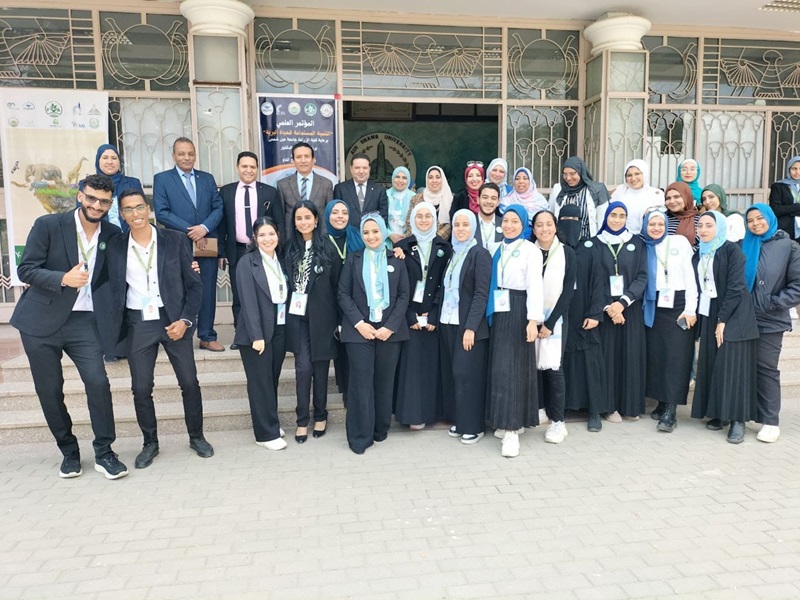
The activities of the “Sustainable Development of Wildlife” conference at the Faculty of Agriculture
The Faculty of Agriculture, at Ain Shams University, celebrated World Wildlife Day (March 3, 2024) by launching the activities of the “Sustainable Development of Wildlife” conference under the slogan “Wildlife conservation is a way of life for sustainability,” under the patronage of Prof. Mohamed Diaa Zain El-Abedeen, President of Ain Shams University, Prof. Ghada Farouk, Vice President of the University for Community Service and Environmental Development Affairs, Prof. Thanaa Al-Noubi, Acting Dean of the Faculty of Agriculture.
Prof. Thanaa Al-Noubi indicated about the importance of sustainable development and environmental preservation in climate change, especially protecting biodiversity and preserving endangered species. She stressed the interest in students in agricultural faculties as they are the nucleus of agriculture and its future.
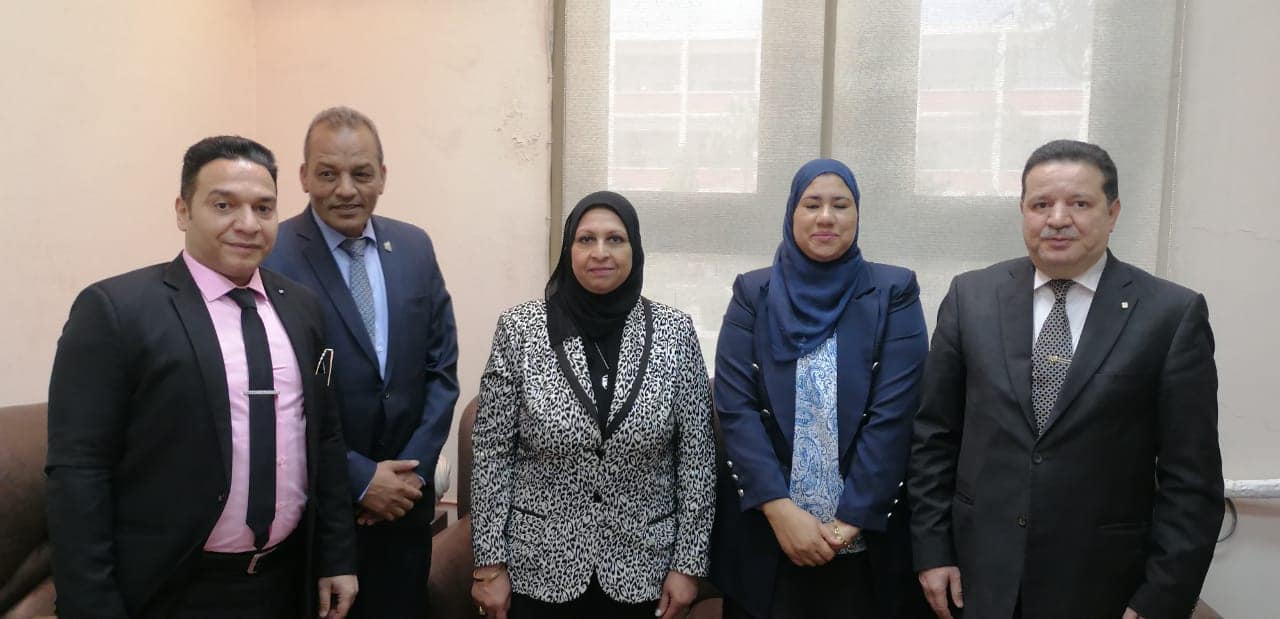 |
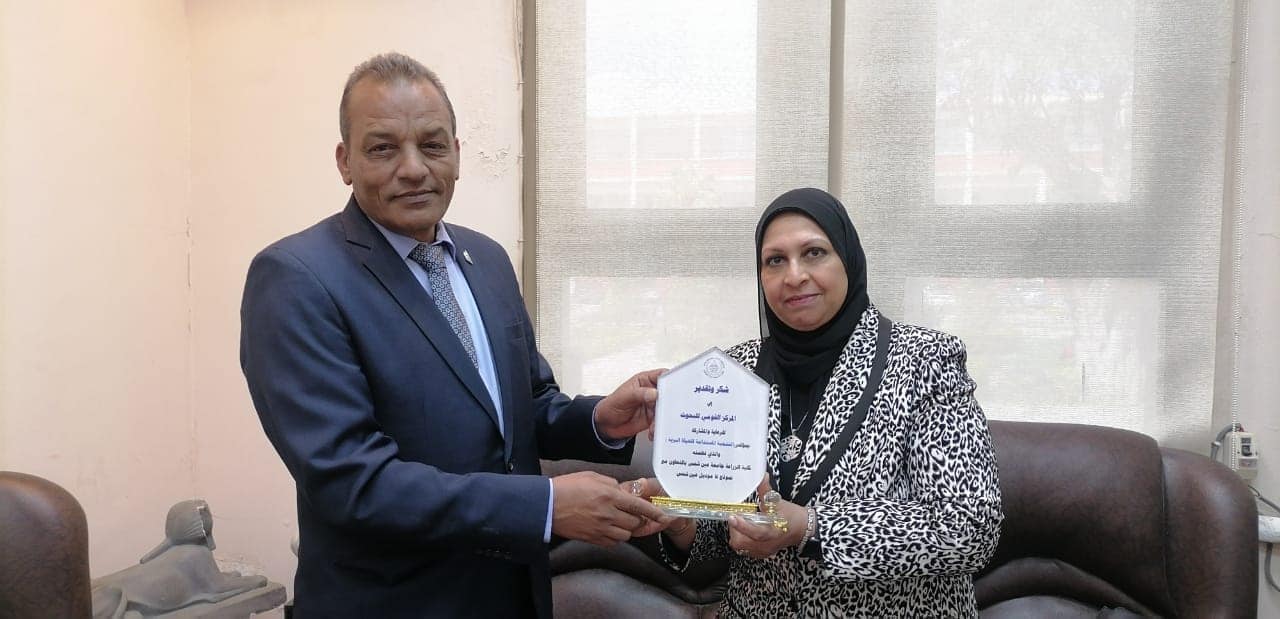 |
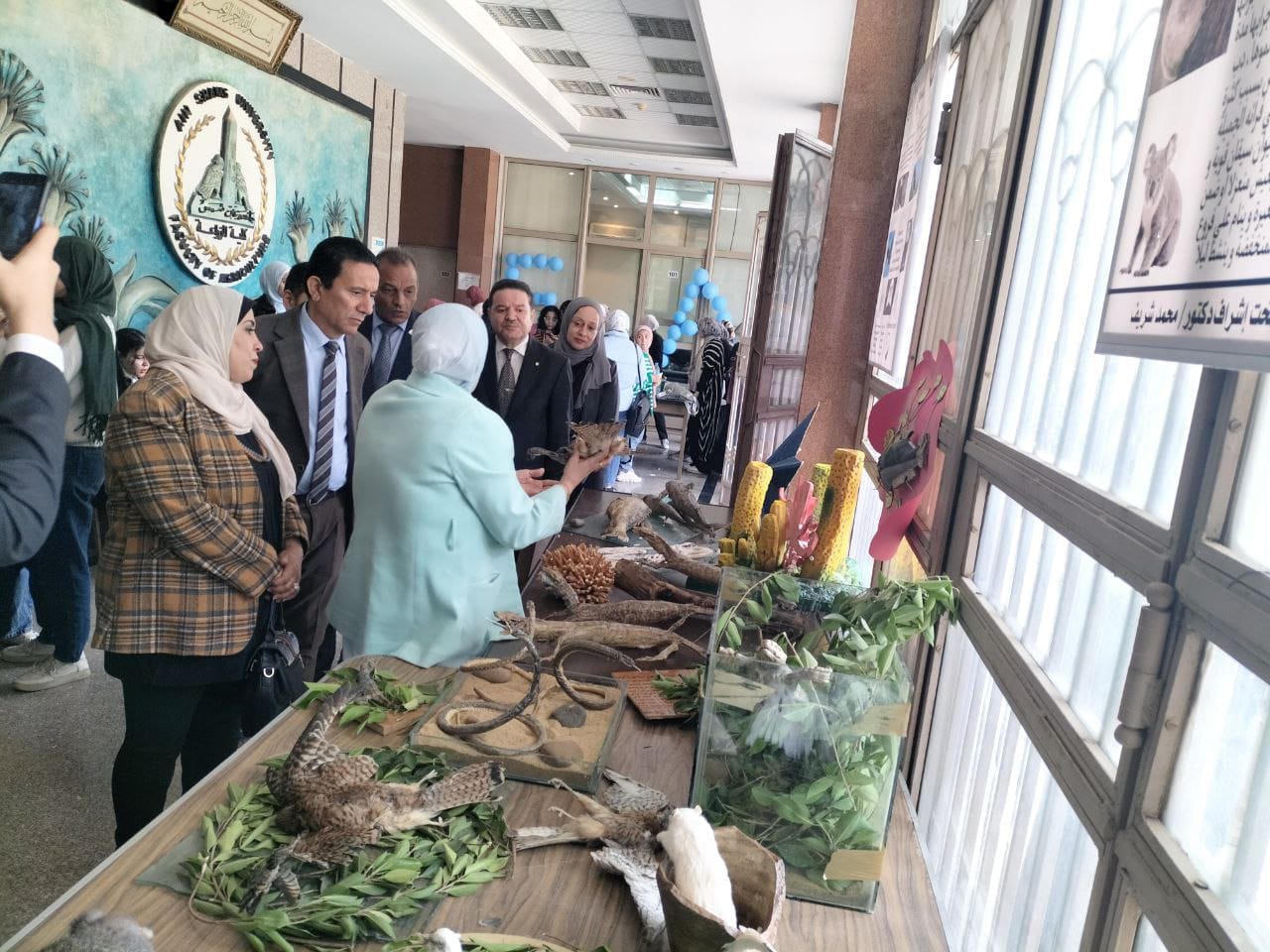 |
||
On the sidelines of the celebration, a wildlife exhibition was opened, in addition to the beginning of the fourth season of the activity of the FA Model Ain Shams Model (FA Model ASU), which is a student simulation model for the Food and Agriculture Organization (FAO). This comes within the framework of a series of celebrations of multiple environmental events of interest to the college, university, and the Ministry of Environment, in partnership with the Food and Agriculture Model at Ain Shams University, with the support of both the Ministry of Agriculture and Land Reclamation, the National Research Center, and Extra Global Egypt. With the participation of a group of professors from the Desert Research Center, the Faculty of Agriculture, at Ain Shams University, and the National Research Center, and under the supervision and coordination of Prof. Naglaa Mohamed Obaid, Director of New Programs, Dr. Heba Nour El-Din Muhammad, Student Activities Coordinator for the New Programs, Dr. Samah Hashem, coordinator of the graduation project for the new programs, Dr. Dina Ahmed, a researcher at the Desert Research Center, in the presence of Major General Veterinarian Ihab Saber, Chairman of the Board of Directors of the General Authority for Veterinary Services, Prof. Mahmoud Hazin, Acting Dean of the Institute of Agricultural and Biological Research, representing the National Research Center and a member of the Arab Union for the Protection of Wildlife, affiliated with the Council of Economic Unity - League of Arab States, His Excellency Ambassador Dr. Mohamed Abdel Ghaffar - President of the African Economic Council, Prof. Mohamed Reda Abdel Hamid, Professor of Technology Full-time Biologist and former Head of Germplasm.
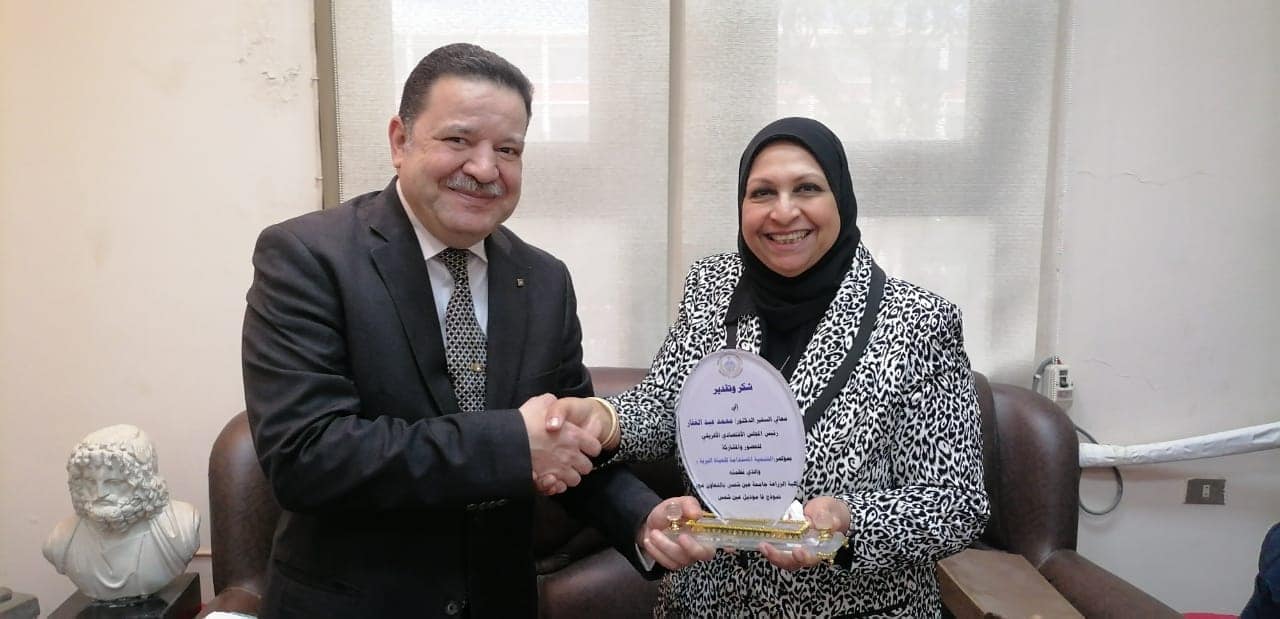 |
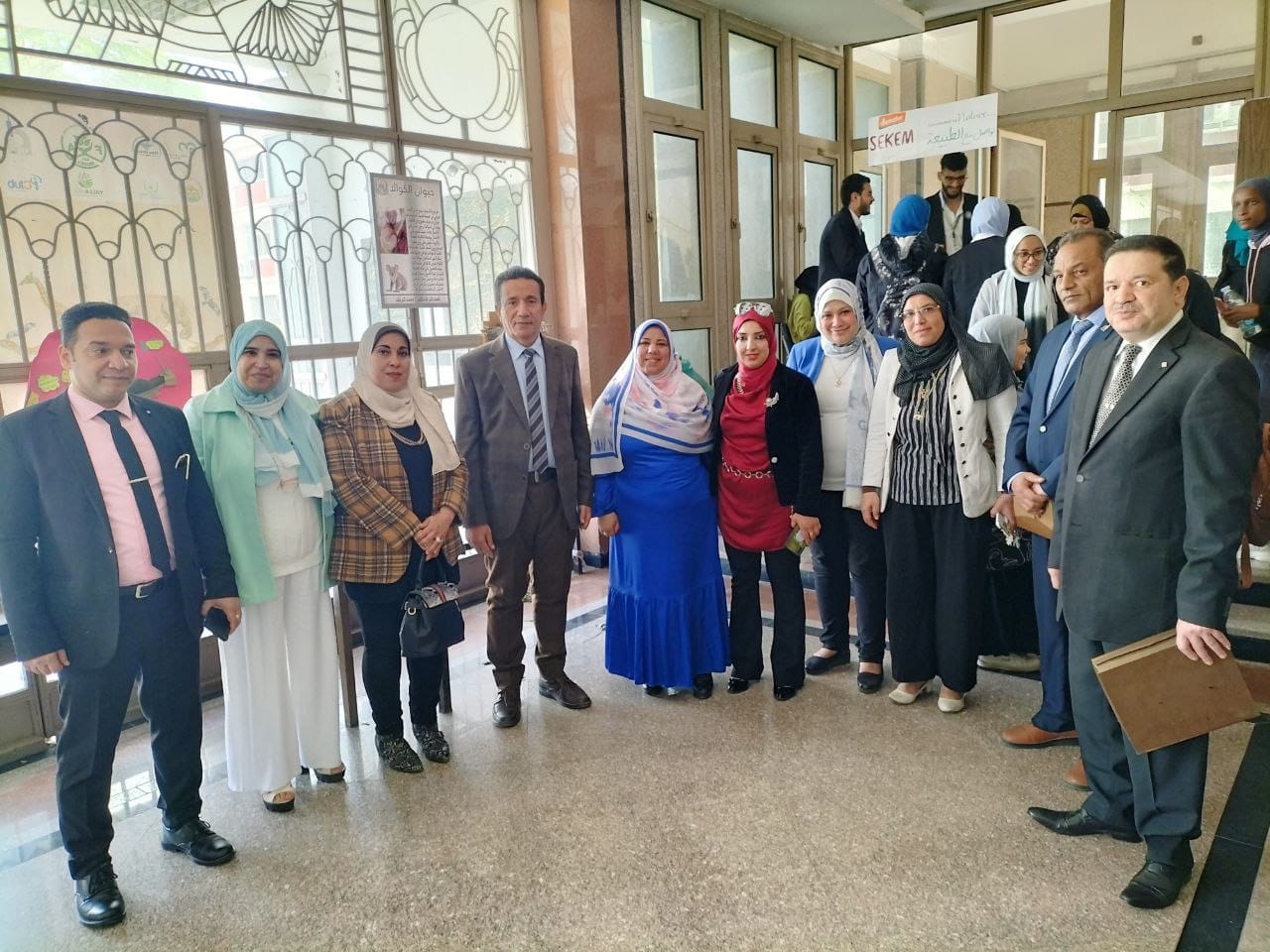 |
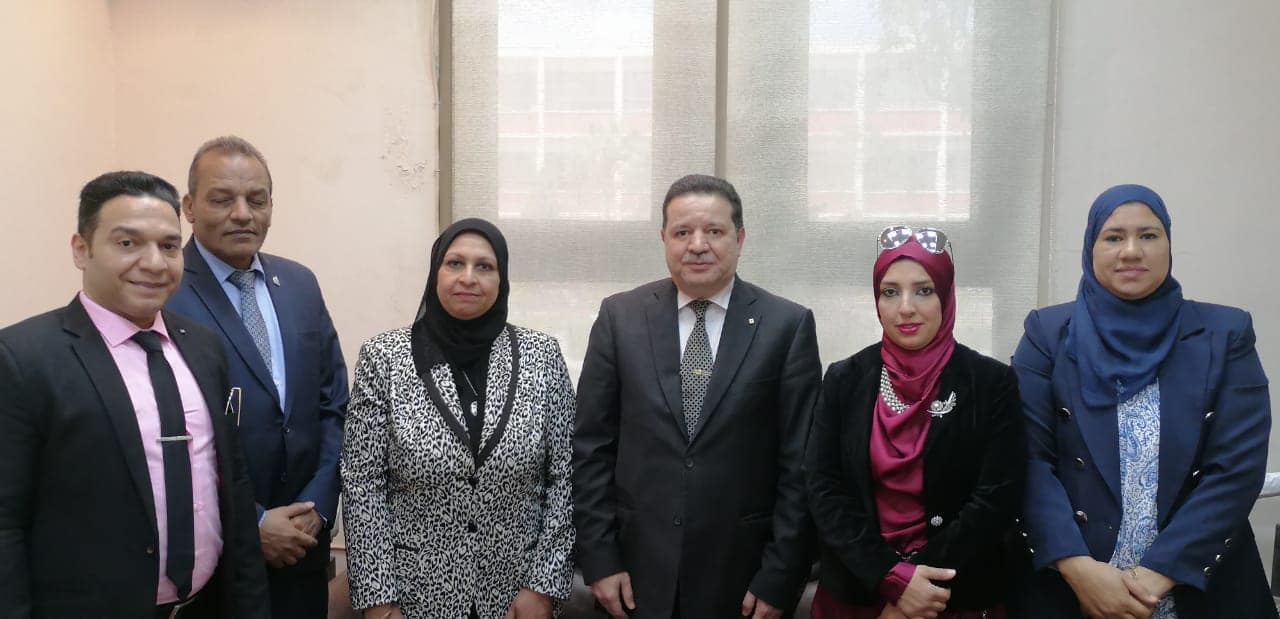 |
||
The conference included many lectures and events, including (marine biodiversity for sustainable development - the positive view of animal mummification and its relationship with wildlife - tissue culture and its role in preserving plant genetic resources - sustainable development and preservation of natural resources - the challenges of preserving biodiversity and ensuring its sustainability), In addition to speeches by some of the faculty’s distinguished students, and students of the Undergraduate Researchers Initiative, in addition to workshops on organic farming at home and biodiversity.
In conclusion, the recommendations of the “Sustainable Development of Wildlife” conference were presented, which included:
1. Establishing more natural reserves and expanding existing reserves to increase the areas allocated for wildlife.
2. Enact more legislation and laws that criminalize assault on wild creatures and poaching.
3. Encouraging scientific research aimed at studying and protecting local wildlife species.
4. Involving local communities in efforts to protect biodiversity through awareness and educational programs.
5. Integrating the concepts of environmental sustainability into educational curricula in schools and universities
6. Encouraging the use of clean energy and reducing harmful emissions to mitigate the effects of climate change.
7. Adopting environmental policies at the governmental level aimed at maintaining environmental balance and ecosystems.
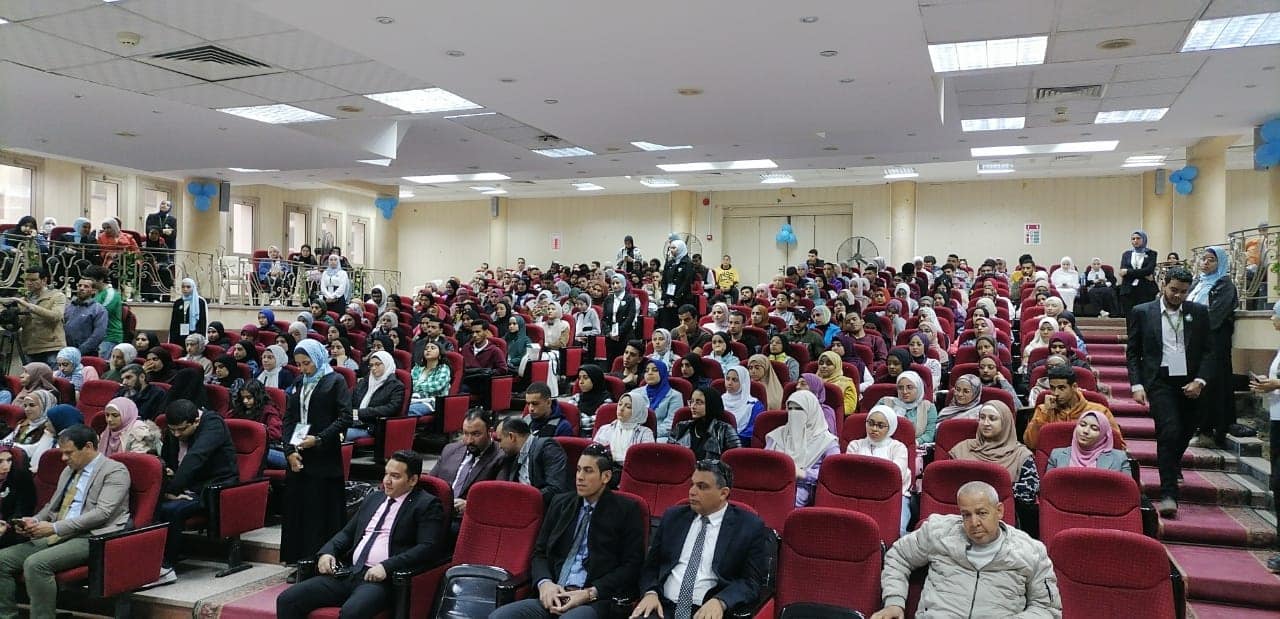 |
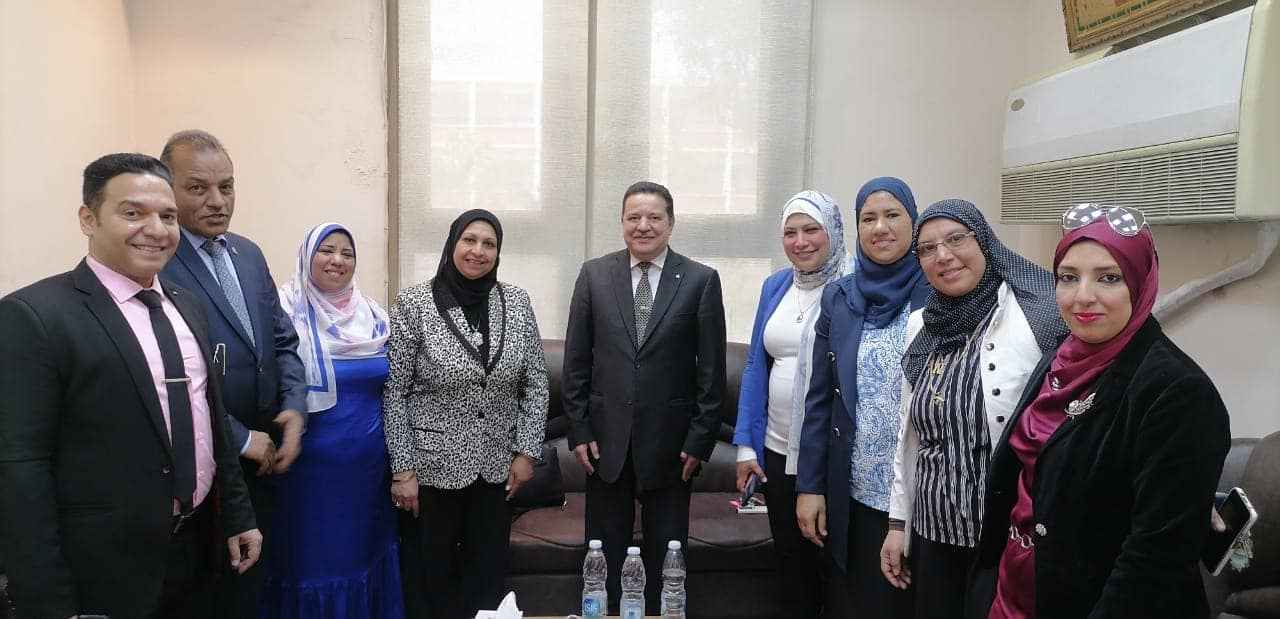 |
.svg)



